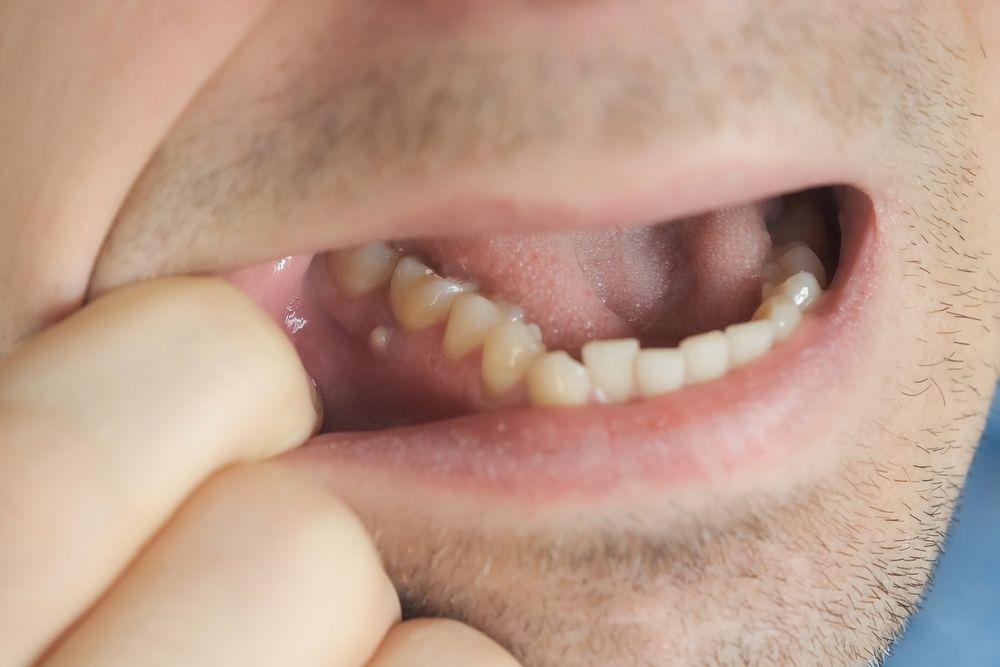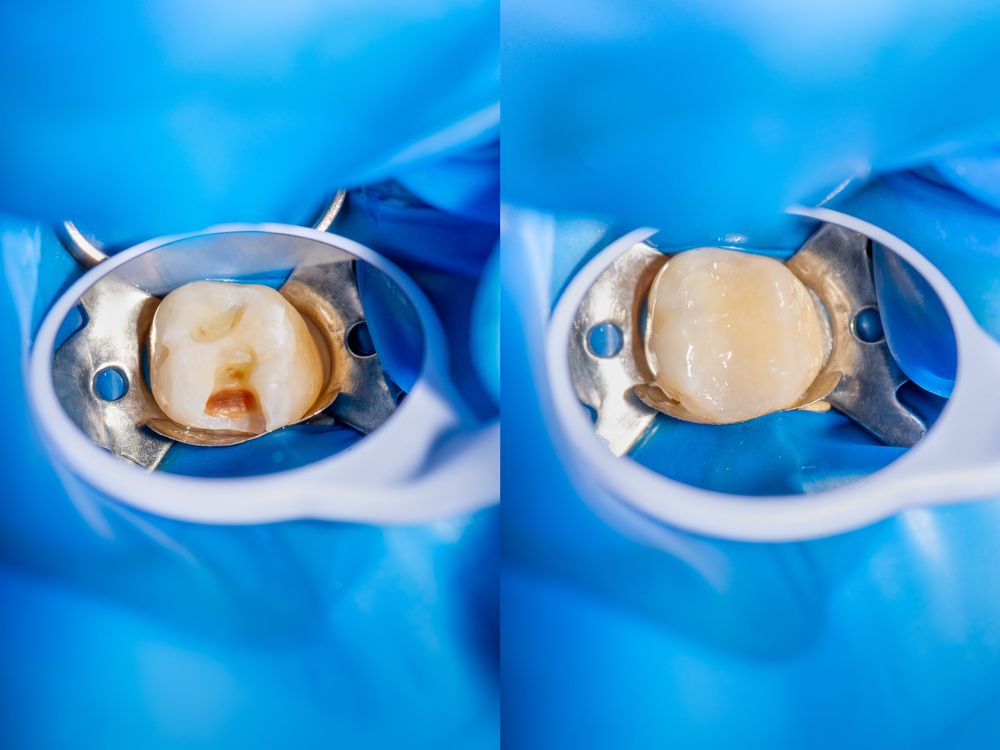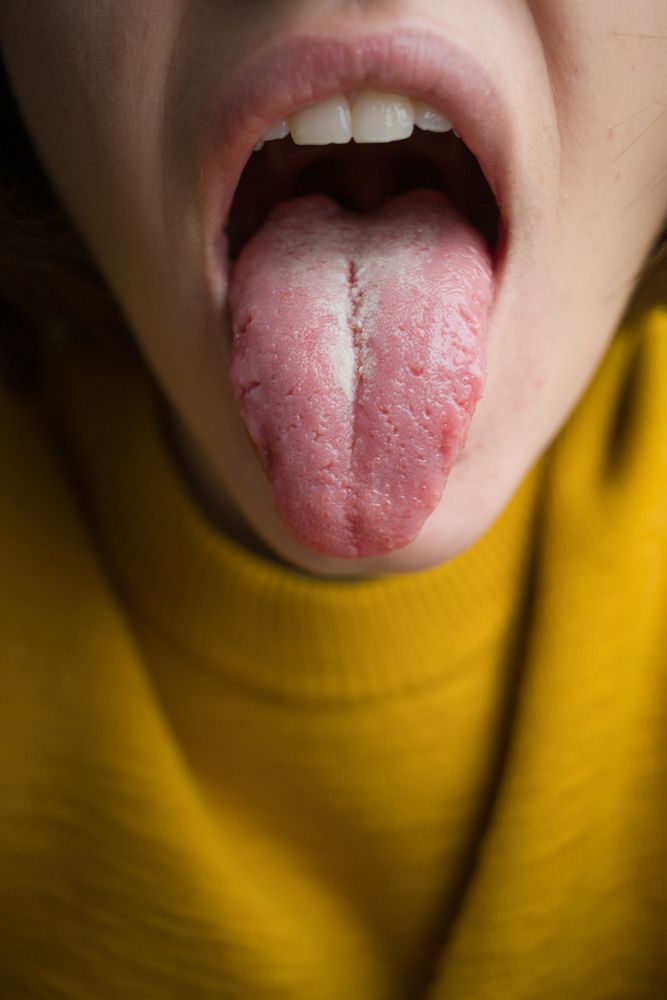Do you wince when eating ice cream or drinking hot coffee? If so, you may be experiencing tooth sensitivity. This common dental issue affects many people, making everyday activities like eating and drinking uncomfortable. Understanding the causes and treatment options for tooth sensitivity can help you manage this condition effectively and protect your oral health.
What Causes Teeth Sensitivity?
Teeth sensitivity occurs when the protective layers of the teeth wear down, exposing the underlying dentin and nerve endings. Several factors can contribute to this condition, including:
Enamel Erosion
The enamel is the hard outer layer of the tooth that protects the inner nerves. When it wears down due to acidic foods, excessive brushing, or grinding, sensitivity can occur.
Gum Recession
Receding gums can expose the tooth roots, which do not have the same protective enamel layer as the crowns of teeth. This makes them more susceptible to sensitivity and pain.
Tooth Decay and Cavities
Cavities or tooth decay create openings in the enamel, allowing hot, cold, or sweet substances to reach the sensitive inner layers of the tooth.
Cracked or Chipped Teeth
A crack or chip in the tooth can expose the dentin and nerves, causing discomfort when eating or drinking.
Teeth Whitening Treatments
Over-the-counter or professional teeth whitening treatments can cause temporary sensitivity by weakening the enamel and exposing the dentin.
Acidic Foods and Beverages
Frequent consumption of acidic foods and drinks, such as citrus fruits, sodas, and wine, can erode enamel and contribute to sensitivity.
Bruxism (Teeth Grinding)
Habitual grinding or clenching can wear down enamel, exposing the inner layers of the tooth and leading to increased sensitivity.
Recent Dental Procedures
Some dental treatments, such as fillings, crowns, or deep cleanings, can cause temporary sensitivity, which usually resolves within a few weeks.
Treatment Options for Sensitive Teeth
If you suffer from tooth sensitivity, there are several ways to manage and treat the condition effectively. Here are some common solutions:
Use a Desensitizing Toothpaste
Toothpaste formulated for sensitive teeth contains ingredients like potassium nitrate or stannous fluoride, which help block nerve signals and reduce discomfort.
Maintain Proper Oral Hygiene
Brushing twice a day with a soft-bristled toothbrush and flossing daily can prevent gum recession and enamel erosion.
Fluoride Treatments
Professional fluoride treatments can strengthen enamel and reduce sensitivity by providing an added layer of protection for the teeth.
Avoid Acidic and Sugary Foods
Reducing consumption of acidic and sugary foods can prevent further enamel erosion and minimize sensitivity.
Wear a Mouthguard for Bruxism
If you grind your teeth at night, wearing a custom mouthguard can help protect your enamel from excessive wear and tear.
Dental Sealants
Applying a dental sealant can create a protective barrier on the surface of the teeth, reducing exposure to irritants that cause sensitivity.
Gum Grafting
For cases where gum recession is the cause of sensitivity, a gum grafting procedure can help cover exposed tooth roots and reduce discomfort.
Root Canal Therapy
For severe sensitivity that does not respond to other treatments, a root canal may be necessary to remove the affected nerves and eliminate pain.
When to See a Dentist
If your tooth sensitivity persists or worsens despite trying at-home treatments, it is essential to see a dentist. They can identify the underlying cause and recommend appropriate treatment to prevent further complications.
Conclusion
Tooth sensitivity can be an uncomfortable and frustrating condition, but it is manageable with the right care and treatment. By maintaining good oral hygiene, using desensitizing products, and consulting your dentist when necessary, you can protect your teeth and enjoy a pain-free smile.
Do you struggle with sensitive teeth? Schedule a consultation with your dentist today to find the best solution for your oral health needs!






